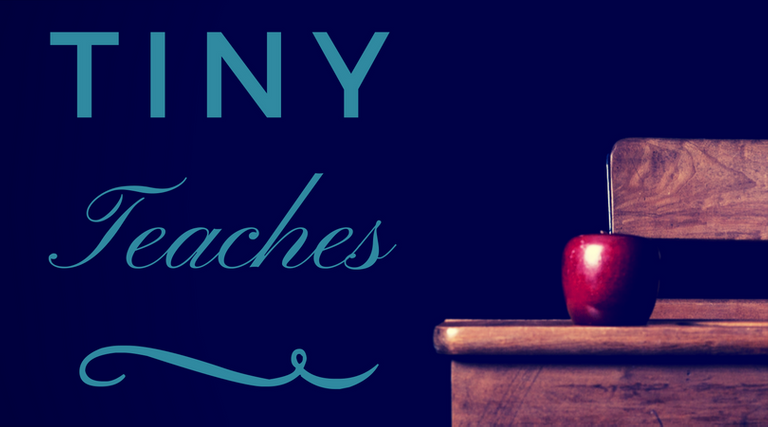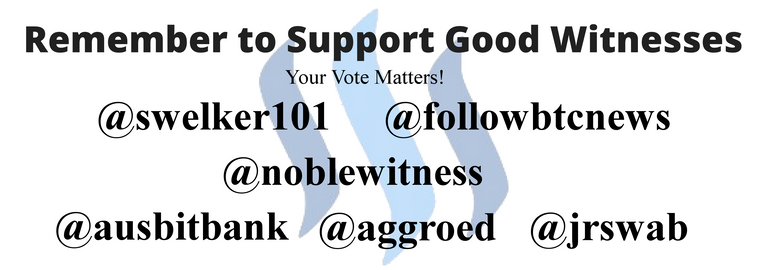In Part 1 of this article, we compared writing to painting. We discussed the basic tenses you’ll work with. Your primary colours, if you will. In Part 2, we mixed things up, creating a richer palette, with lots of subtle shades at our disposal.
Today, let’s expand our palette even more. We’re going to have a look at conditional tenses. When using a conditional tense, your sentence will have two clauses: a main clause and an if clause, separated by a comma.
If you boil an egg, it becomes solid.
If my neighbour isn’t careful, my cat will steal her dinner.
You’ll turn blue if you keep holding your breath.
The if clause contains a condition that needs to be fulfilled for the main clause to be possible.

There are different degrees, depending on the probability of the if clause.
If You tickle me, I scream.
This is called the zero conditional. There is no question about it. This is just always true. And yes, I’m that ticklish.
If you add honey to your tea, it tastes sweeter.
If you look at rain in the distance with the sun at your back, you see a rainbow.
If you turn that switch, the light comes on.
In many cases, the if in the zero conditional can be replaced by when. It doesn’t pertain to a specific situation. You use it when talking about general subjects. If it rains, water hits the ground.
When the sun sets, it gets dark.
The zero conditional utilises the present tense in both the main and if clause.
If my neighbour doesn’t keep her dinner safe, my cat will steal it.
Is she at it again? My cat really is a naughty little beast. However, she did show us the first conditional.
If clause = present tense; main clause = infinitive.
Like we discussed in the previous article, an infinitive is the verb in its unconjugated state. So it will need a sidekick. For the first conditional, that’s will.
the first conditional is a combination of present and future tense. If the right thing happens now, that will have a consequence in the future.
If I remember to set my alarm clock, I will wake up on time.
If my cat steals one more meal, I’ll take my neighbour grocery shopping.
The first conditional discusses particular situations, rather than generally applicable facts. It signifies a likely outcome, since the condition in the if clause is very realistic.
If my neighbour were more careful, my cat wouldn’t steal her food.
The second conditional shows an unlikely outcome. I’m not saying my cat isn’t to blame, but if my neighbour were more careful about her dinner, she might be able to save it from the gluttonous beast.
However, being the careless person that she is, I find that rather unlikely. Hence my use of the second conditional.
If clause = simple past tense; main clause = another infinitive, this time with would as the sidekick or auxiliary verb.
You can use this for two different types of situations:
Things in the future that are unlikely to happen
Things in the present that are impossible, because the condition in the if clause hasn’t been met.
If I won the lottery, I’d buy more shoes.
I’d be a perfect housekeeper if I could stop procrastinating.
The above examples are unlikely future outcomes.
If I had more money, I’d have a library and a bigger shoe closet.
If I were my neighbour, I would keep my dinner in a safe place.
These examples are set in the present but impossible since fullfillment of the if clause is impossible.
If I’d taught my cat manners, my neighbour wouldn’t have lost all those dinners.
The third conditional helps us imagine the outcome if events in the past had happened differently.
If clause = past perfect tense; main clause = a past participle, with would have as the sidekick or auxiliary.
If my Aunt Gertrude had been born a boy, I’d have called her Uncle Gerry.
If I had remembered to set my alarm clock, I would have been on time for work.
Conclusion
Well, I think I better stop writing. After three articles, I bet you’re fed up with my sneaky cat. I bet my neighbour is too. She’s starting to look alarmingly thin.
At any rate, I hope I’ve been of help to you. Whenever you find yourself in need of conditional tenses, the trick is to remember what it is you want to show. A generic fact, a specific situation? How probable is the conditional clause?
You can do this. I believe in you. ;-)
Sources
https://learnenglish.britishcouncil.org
https://www.perfect-english-grammar.com/conditionals.html
If you have any more questions about this subject, I’d love to have a chat with you over at The Writers’ Block Discord channel. Writery minds are always welcome there.
For now, I bid you all good luck, and good writings.
Hugs
Tiny
If you would like to read some of my other work, feel free to have a look around on my off-Steem blog page by clicking the banner. My library there contains all of the pieces I’ve written since starting my blockchain adventure.

The Writer’s Block is a home to writers from every corner of the world, and from every discipline that involves the written word. I consider myself lucky to have found this amazing community. Not only have I found help, support and encouragement there, but I’ve found people who feel the same way I do about writing. I’ve found a second family there. Do you write? Would you love to be a part of a community that can help you learn and improve your writing skill? Our door is always open for kindred spirits. Come and pay us a visit by pointing your pointy thingie at the animation below and clicking.


.gif)
